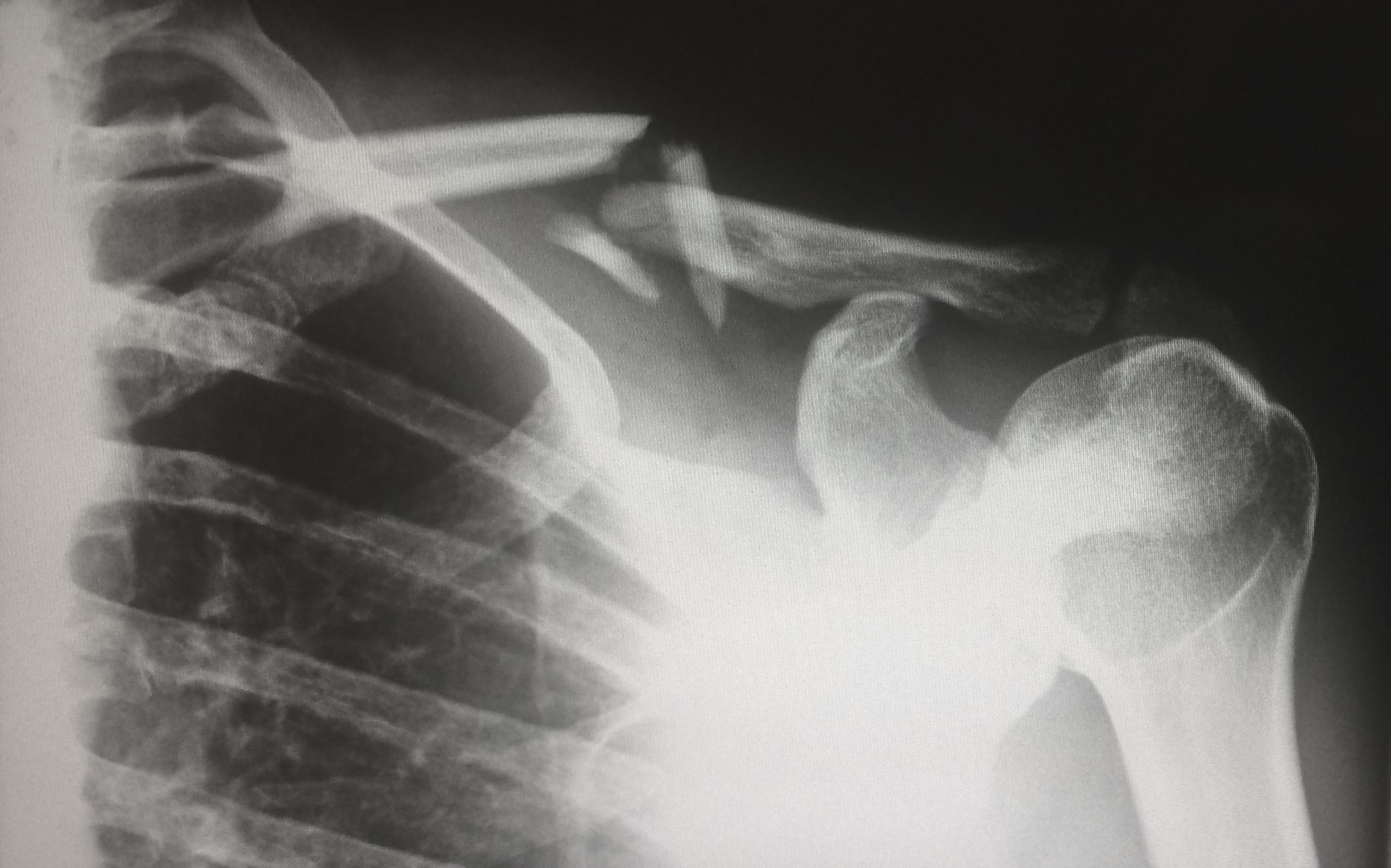While these tips focus on working with a Los Angeles personal injury lawyer, they are applicable to any personal injury case.
Going to trial for a personal injury lawsuit or any other lawsuit takes a lot of preparation. Although from the outside looking in, a trial seems like a walk in the park; but the reality is it takes a lot of preparation to make sure that your case is presented well and all relevant points are discussed to ensure the success of the trial. If you are preparing to go on trial, here are some helpful tips that you can follow. While these tips focus on working with a Los Angeles personal injury lawyer, they are applicable to any personal injury case.
Hire a lawyer.
Although only a small percentage of people who go to trial represent themselves, it is still worth it to reiterate that hiring a lawyer to represent you and your case when you go to trial is the best decision you will ever make. This is a fact and whatever type of case you are preparing for, it is better to have a lawyer by your side to help you through it all.
There are many types of cases out there and hiring the best law firm that specializes in the area in which your situation falls should be your goal. If you have been in a motorcycle accident, then you would like to find a personal injury lawyer.
Many good law firms can represent you for this type of case, but you should find the best that is available to you who also has a high success rate. The Dominguez Firm, for example, has a high success rate and they also don’t collect payment if you don’t get paid. That is an excellent example of what you should be looking for.
Prepare all the documents relevant to the case.
You should prepare documents and other pieces of evidence that you have gathered to turn over to your lawyer. If you have no idea of the things that you should look for that can be relevant or helpful to the case you and lawyer are building, then ask for their help.
For personal injury cases like a motorcycle accident, for example, you should have a copy of your medical reports during the checkups or hospitalization. A copy of the CCTV footage of the accident will also be helpful if there are any. The rest can be taken care of by your motorcycle accident lawyer.

After turning over your documents to your Los Angeles personal injury lawyer, they will be the one in charge of presenting it. You will have to wait and see and trust that your lawyer will do an excellent job at strategizing and presenting your case in court.
Contact all possible witnesses related to your case.
From this point forward, your lawyer will be in charge. They will contact all possible witnesses to your case for an interview. The witnesses will also undergo questioning to find out what they know and how they knew it. Did they know it as first-hand information or did they hear it from someone else?
They have to go through the questioning multiple times to prepare them for what will happen in the actual trial and to also make sure that their stories will not change and that it is, in fact, the truth.
You also have to inform the witnesses when they will be called in court days ahead so that they can make sure to come to trial. If they do not come, your lawyer can issue a subpoena, but it is much better to inform them ahead of time so they can clear their schedules.
Be sure that they are aware of the proper dress code. Although there are no written rules on what a person must wear to court, it is helpful for the case when the witness is properly dressed, and the judge and jury see them as a respectable citizen.
Study the evidence and witnesses of the opposing party.
You can find out the list of evidence and witnesses from the other party through the case schedule or when the other party has filed for a notice for trial setting. Once you have the list of evidence and witnesses, you should study them and find out everything about them.
The information you have gathered on both the evidence and the witnesses can be used to debunk their statements or their character. Doing this can work in your favor as it can weaken your opponent’s case.
Prepare to stretch your patience.
A trial can be short and sweet, but it can also be long and frustrating. You never know what will happen so be prepared to stretch your patience. Never let the opposing side frustrate or annoy you.
The judges and the jury will read into every little thing you show to them even when you are not on the stand so try not to be so transparent. Never lose your composure and be patient.
Make a compelling closing argument.
A closing argument is probably the most crucial part of any trial. This is where your lawyer summarizes your case, reiterates the points of the case, and makes the conclusion or the final statements you want to make.
Making the closing argument is not an easy task, so outlining what you have to say even before the trial begins can be helpful. You can add more to it as the trial progresses, but the main points should be there.
While it is essential to include as many facts possible in the closing argument, it is equally important to make the closing argument compelling. This way, you can get the full focus of the jury and the judge. Making the closing arguments convincing and impactful may lead to persuading the jury to your favor.
These tips apply to both parties of the case that goes to trial. Both parties, the plaintiff, and defendant, aim to win, so they prepare everything such that the trial goes smoothly. In the end, whoever came to trial better equipped is the party who wins.


Join the conversation!